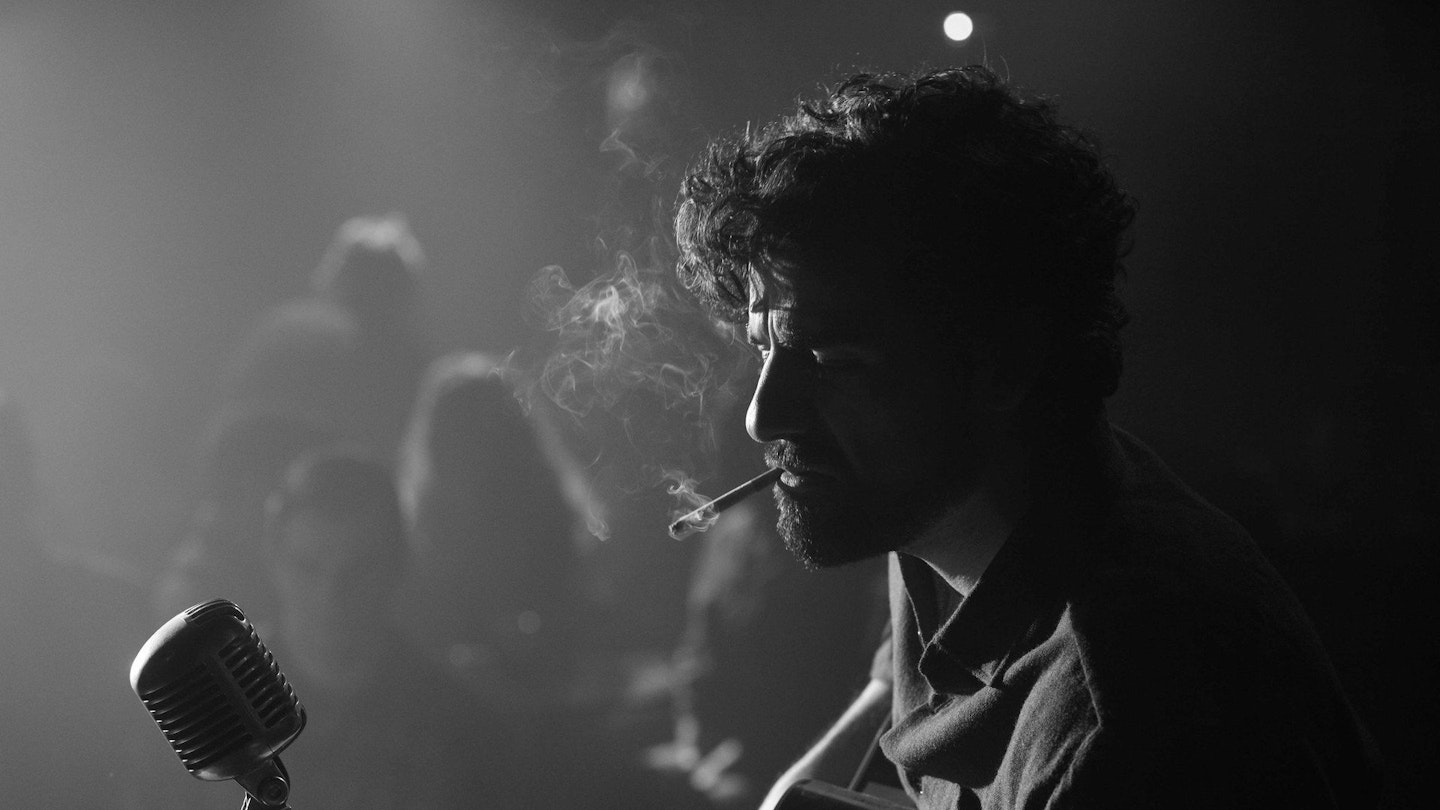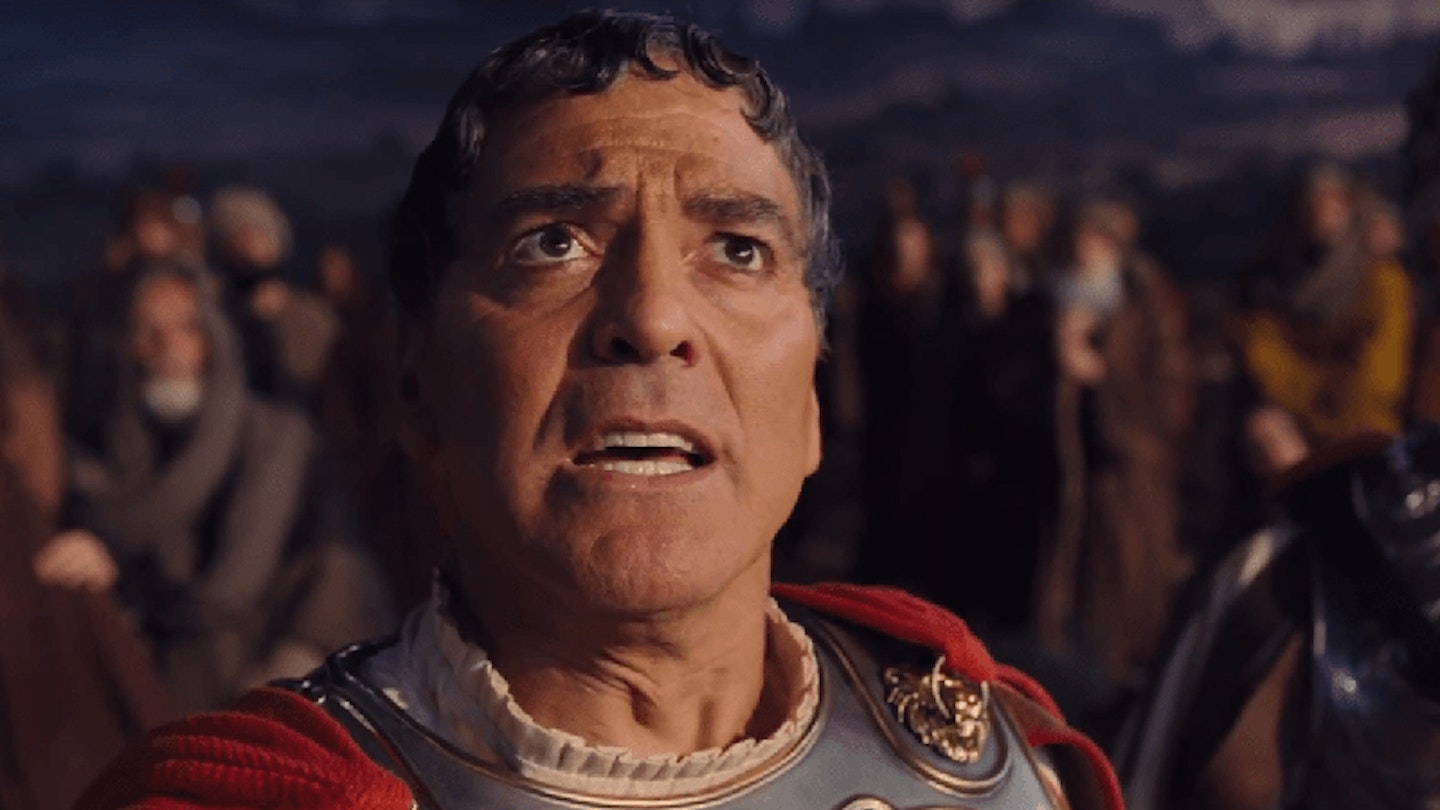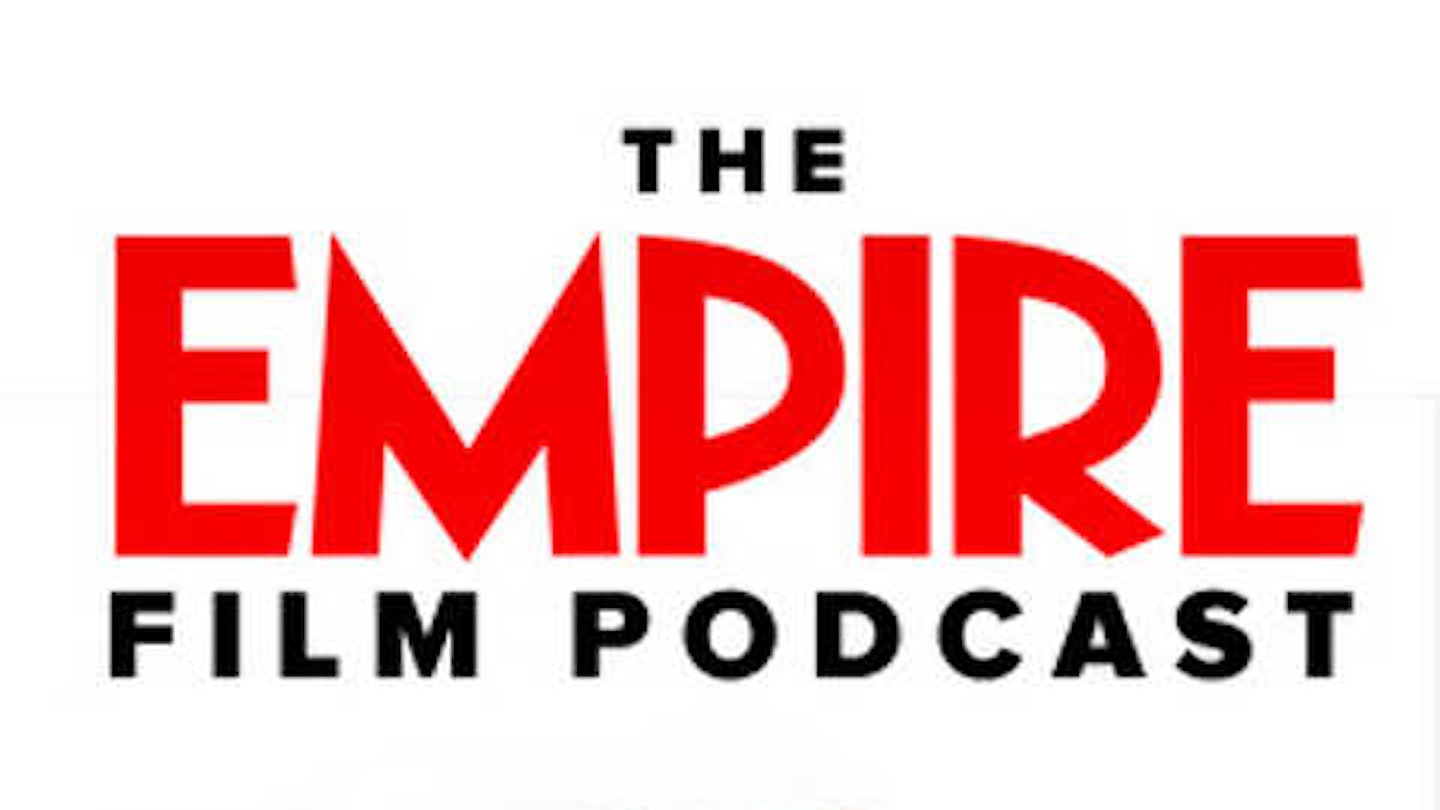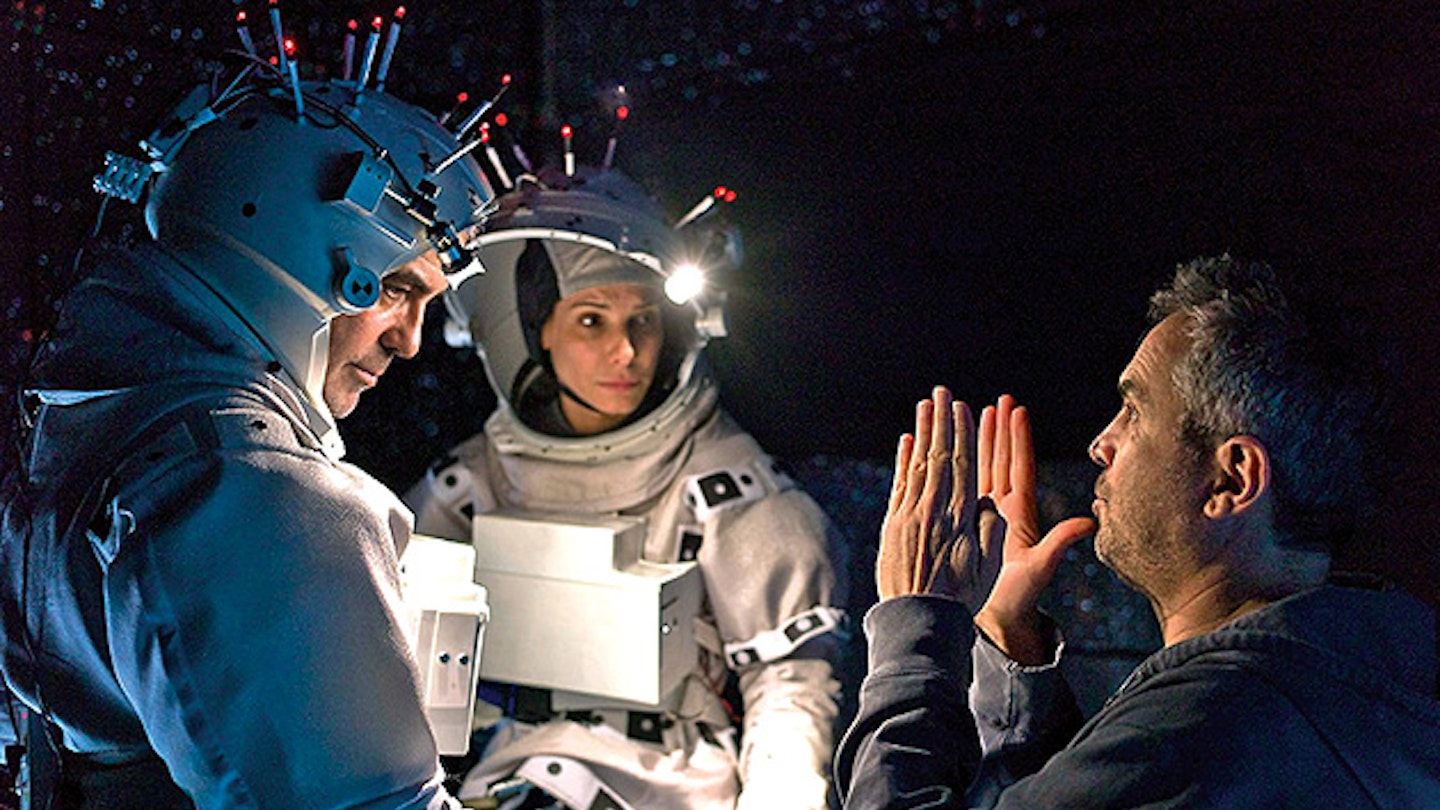Joel and Ethan Coen don't like to leave a good story finished. Notable exceptions dot their work (Miller's Crossing, The Hudsucker Proxy, True Grit), but there's always been a strong sense that they dig loose ends: the suitcase full of money; the bowling tournament; Larry's test results; Barton's box. Imagine a Coen Brothers movie finishing with end-credit post-scripts. God forbid. They encourage us to be tantalised by uncertain futures.
And few have been as uncertain, or as tantalising, as that of floundering folk singer Llewyn Davis, another of the brothers' Serious Men - those quirky little Jobs like Fink and Gopnik sent a-reeling by all the misfortunes their quietly mischevious creators inflict upon them. The fact that Inside Llewyn Davis is arguably the Coens' most sombre outing yet might make its heavily elliptical nature especially tough on the viewer who prefers their entertainments wrapped in a neat little bow. Like the earnest plucking and yodelling of the music scene at its centre, the film isn't exactly one which begs for wide appeal.
However 'cold' some find them, the Coens have rarely made their protagonists entirely dislikable. Even the egotistical Barton Fink is okay(ish) once you get to know him. But, embodied in the dismissively sleepy-eyed Oscar Isaac (who stole the under-seen Robin Hood away from Russell Crowe with his sneertastic King John), Llewyn is a true shit. Fans of real-life folk hero Dave Van Ronk shouldn't mistake Llewyn for his surrogate; the Coens were merely inspired by certain incidents in Ronk's engaging memoir, The Mayor Of MacDougal Street. Llewyn is a guy who, asked for abortion money by his friend's girlfriend (Carey Mulligan, gorgeously furious) after possibly knocking her up, tries to borrow that cash from that very same friend (Justin Timberlake, outrageously pullovered) just moments later - even though he knows there's a strong chance the zygote in question could also be the spawn of that very same very same friend. But Llewyn's suffering, right? He was once one half of a burgeoning musical duo - until his collaborator jumped off a bridge. And at least he's an unrecognised musical genius. Right? Right?
Well, not quite. The Coens leave it to us to decide if Llewyn is the simmering talent he believes himself to be. ("I don't see any money in it," shrugs F. Murray Abraham's Chicagoan Svengali, quite reasonably, after Llewyn puts half his soul into a make-or-break audition.) Or if he actually helped push his poor buddy to take that terminal dive. None of which, it should be stressed, makes Isaac-as-Llewyn any less engaging. Like the Gorfeins' imperious, infuriating ginger tom (who it would be a spoiler to name), we find ourselves shut out with this serial couch-crasher, coatlessly suffering the bite of an East Coast cold snap while bathed in cinematographer Bruno Delbonnel's near-comatose blue-grey light, which arrives filtered through snowclouds and frosted windows. Whether he's alienating warm-hearted fans (the aforementioned Gorfeins), suffering a nightmarish, sleet-lashed road trip with an on-the-edge Beat poet (Garrett Hedlund) and a blusterously offensive, heroin-addled jazz veteran (John Goodman), or puh-puh-puh-ing his way through a ludicrous, space-race-inspired pop confection ("UH-OH!"), Llewyn isn't someone you ever feel an urge to tear away from. (Unlike, admittedly, the Gorfeins' cat.)
He is a man who won't deign to connect with others, but is also incapable of functioning as a solo act - either musically, or in life. It's tempting to see Llewyn as the incarnation of Joel and Ethan's combined fear of each being left without the other, something which may well niggle at them now they've hit their fifties. In this sense it very much characterises their 'mature' phase, a further step away from the zany excesses of the past. As such, it may not be one of their easiest films to like, but it's easily one of their best.







](http://trailers.apple.com/trailers/independent/insidellewyndavis?ar=16%3A9&fit=crop&crop=top&auto=format&w=1440&q=80)